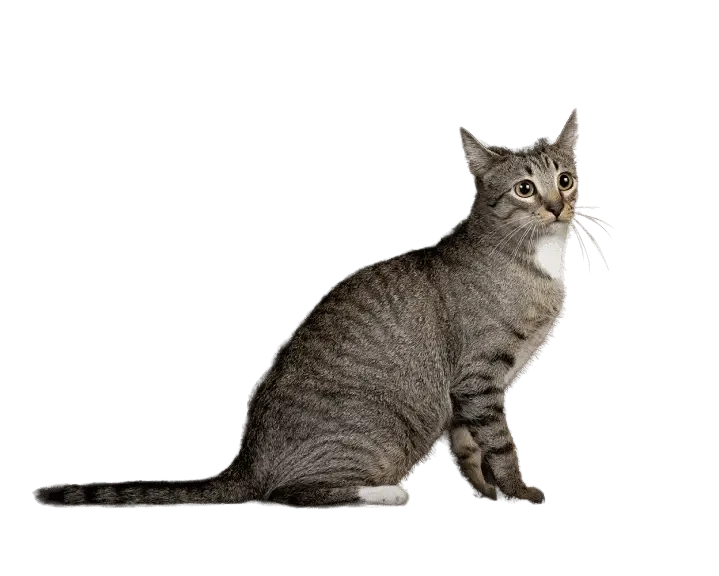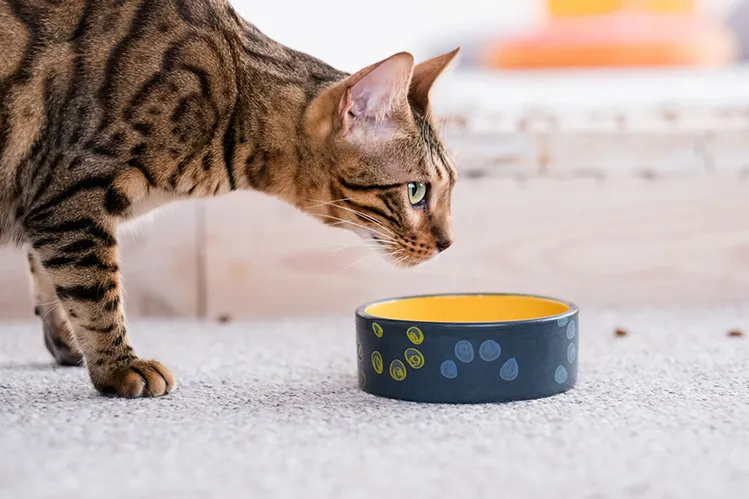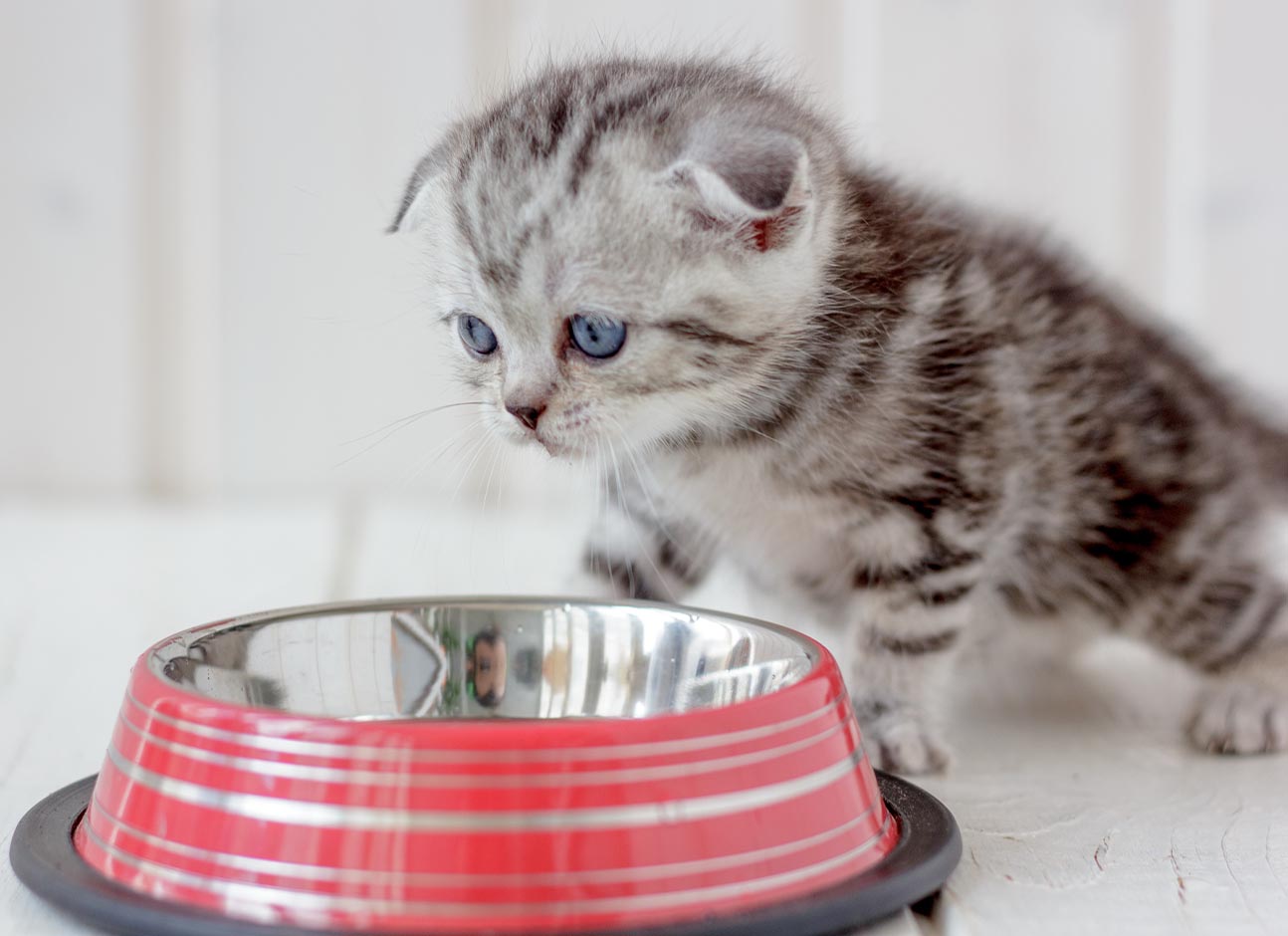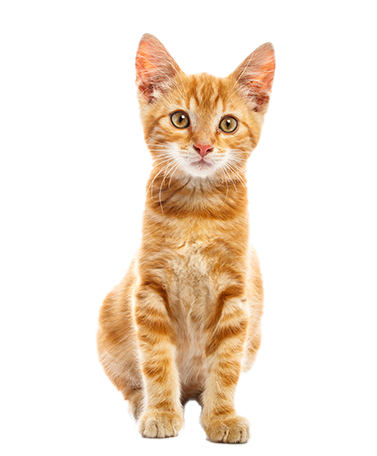Reviewed by Dr. Sarah Yosry
Updated on 1/11/2025
Reading time 3 min.
Overview
Severity: Medium
Life stage: All
Don’t immediately panic when you discover that your cat has started to refuse food. Decreased appetite or a complete refusal to eat will not always be a symptom of the disease. There could be many reasons for this, and every owner should be aware of them. This knowledge will help you determine when such a condition may be a symptom of the disease and require contacting a veterinary clinic.
My Cat Doesn’t Eat and Is Losing Weight: What to Do?
First, try to recall any events or actions that occurred before the loss of appetite. The main reasons why an animal may refuse food include:
Main reasons:
Pickiness with food
Stressful environment
Improper living conditions
Low mobility
Overeating
Illness

A sudden, one-time refusal of food may be a consequence of external factors. Remove irritating factors, and the appetite should return. However, continue monitoring your cat’s condition. Physical parameters should not change due to reduced appetite.
Additional symptoms and a gradual refusal of food may indicate illness.
Symptoms such as diarrhea, constipation, apathy, vomiting, weight loss, and fever require immediate examination by a veterinarian.
Reasons Why a Cat Doesn’t Eat and How to Fix It
- Overeating or unlimited food access: Adjust the feeding schedule and portion sizes.
- Changing diet: Introduce new food gradually, mixing it with regular food in a 6:1 ratio. Gradually switch to the new food until you completely remove the usual one.
- Poor eating conditions: Ensure a clean bowl and fresh water are always available.
- Internal parasites: Conduct regular deworming every quarter to prevent infestations.
- Poisoning from vaccines, antiparasitic treatments, or inappropriate food: Consult a veterinarian for proper diagnosis and treatment.
- Food allergies: A veterinarian can help choose a diet that won’t cause allergic reactions.
- Dental problems: Pay attention to oral hygiene and switch to canned food if the cat cannot eat solid food.
- Reduced sense of smell: Offer canned food, which has a more intense flavor, to cats with smell problems.
- Mating season: Consider spaying or neutering your cat to prevent hormonal surges that affect appetite.
- Medical conditions: Diabetes, viruses, gastrointestinal issues, or kidney problems can also lead to poor appetite. Consult a veterinarian for assessment and treatment.
What to Do if Your Cat Doesn’t Eat
- Eliminate irritating factors.
- Control treat portions, using them as a reward rather than a meal.
- Prepare food properly: Wet food should be at room temperature, and dry food can be lightly soaked in water for enhanced flavor.
- Try offering small portions of food by hand, as pets may perceive it as a treat.
- Ensure a comfortable feeding area for your pet.
- Remove unlimited food availability and establish a feeding schedule.
- Conduct an antiparasitic course if you suspect internal parasites.

Conclusion
Monitor your pet: If food refusal lasts for two or more days and is accompanied by additional symptoms, contact a veterinary clinic immediately.
Share this, choose your platform!
Writen by
Dr. Sarah Yosry
DVM
A product of a rich Australian/Egyptian heritage, Dr. Sarah Yosry stands as a testament to the union of diverse cultures and a shared love for animals…


